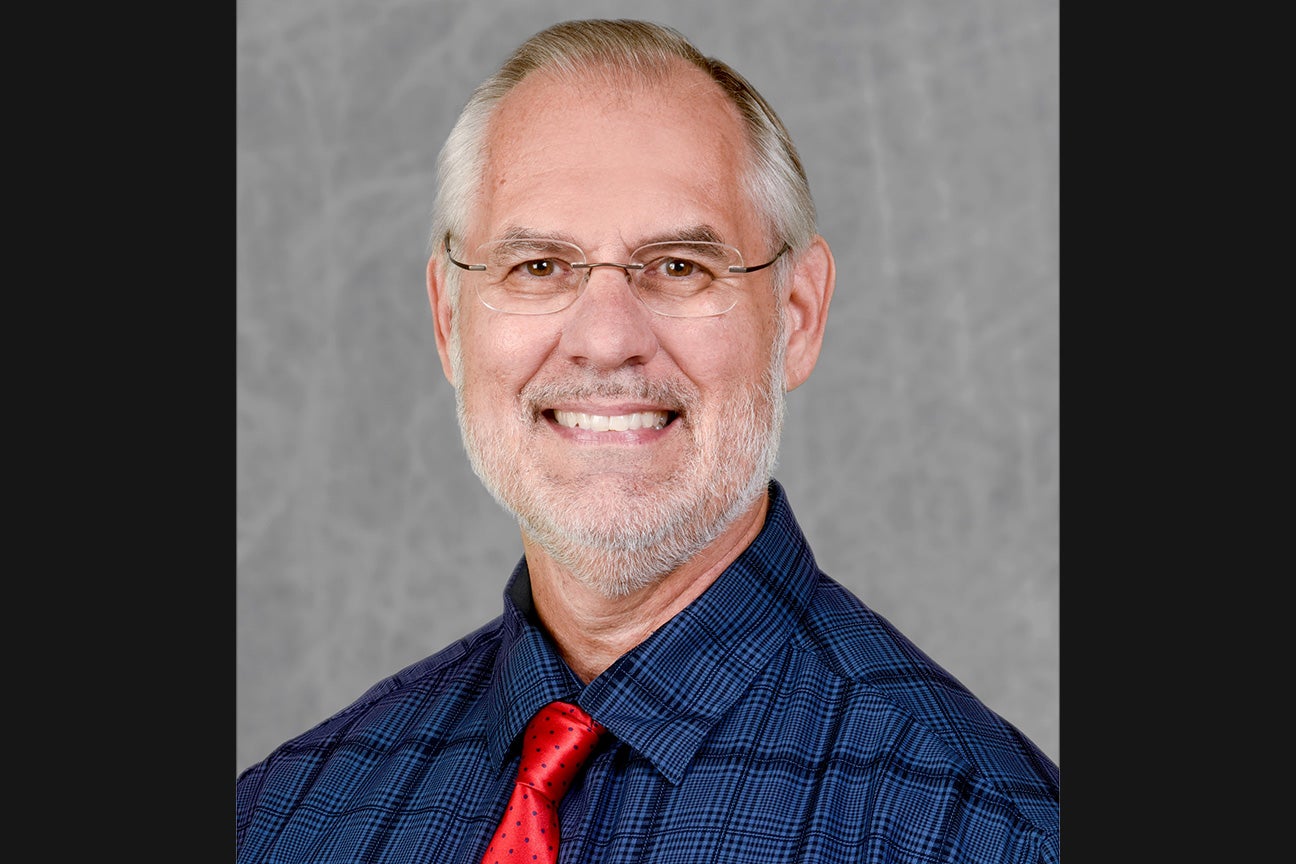Guest Opinion: Differences make us strong
Published 9:37 pm Saturday, March 20, 2021

- Jordan Feyerherm
|
Getting your Trinity Audio player ready...
|
By Jordan Feyerherm
This last year was a difficult year for everyone, for a multitude of reasons. Of the many challenges that came to national attention throughout the year, perhaps the most apparent was the lack of civil discourse among those with different identities, beliefs and political affiliations.
At the Center for Rural Affairs, we have always believed our differences make us strong, but only when we can engage with those differences civilly and with our best intentions.
While this can be a challenge, we believe it is well worth the effort and for this reason, the Center urges community leaders to use the Civity method, practicing intentional, genuine and respectful conversation across difference.
Civity is the idea of purposefully engaging in relationships of respect and empathy with others who are different. This helps community leaders transform the dialogue in their towns to understand and celebrate differences – across race, class, culture and politics.
The goal of Civity, as it grows, is to transition from a “we/they” mindset to a “we all belong” mindset. When people have the sense that we are in this together – when they feel confident reaching out to and connecting with others – differences become springboards rather than barriers.
The method deepens the ability of community leaders to leverage their passions and visions in their professional and personal lives by developing strategic relationship-building skills centered on connecting with people who are different.
Some ways Civity can be used:
- Practice reaching out to people different from themselves.
- Acknowledge and take on the risk of telling their own story.
- Create listening spaces to invite and truly hear the stories others have to share.
- Discover the power of small “wise interventions” to make everyday interactions count.
Jordan Feyerherm is a community development manager at the Center for Rural Affairs.
FOR MORE COLUMNS AND LETTERS TO THE EDITOR, CHECK OUT OUR OPINION SECTION HERE.





